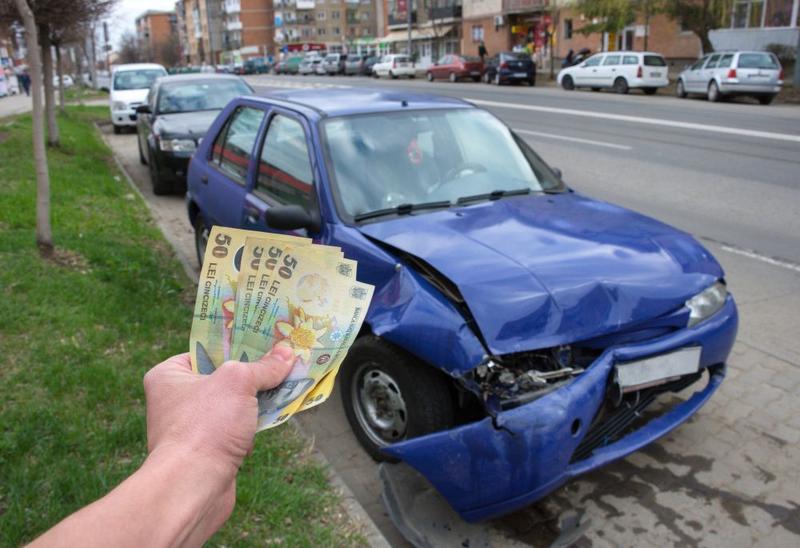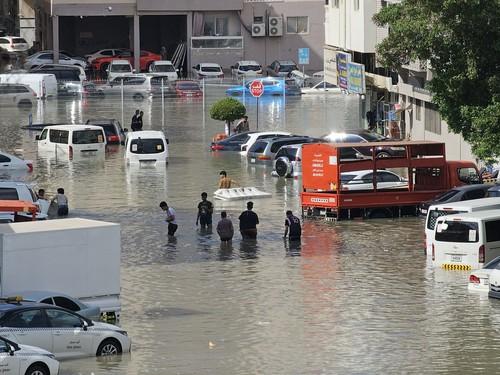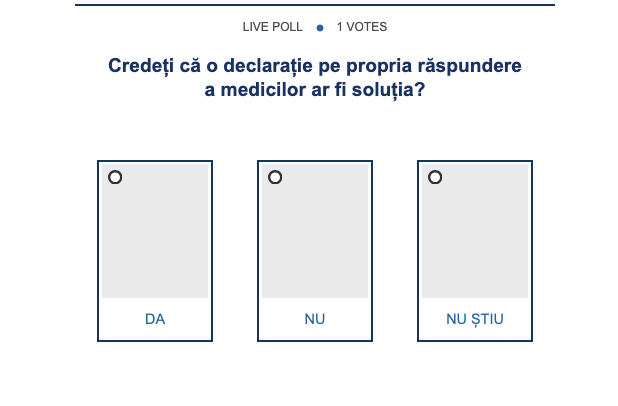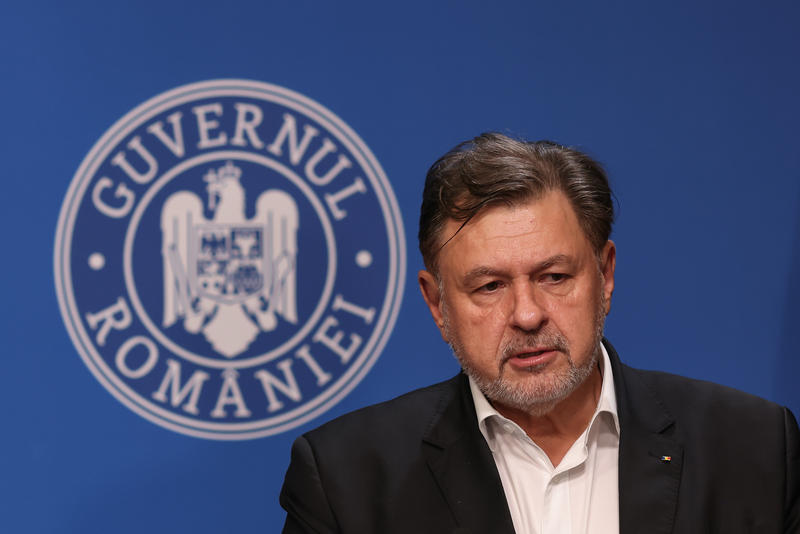The upcoming weeks will be critical for Romania. The hotly debated bill on prison pardons, which was one step from pardoning corrupt officials following votes in the parliamentary judicial commission earlier this week, returns to the Senate commission on Monday and is expected to receive a plenary vote most probably the same day. Should protests announced for Sunday receive a low turnout, MPs defying the fight against corruption may very well gather courage again. And Romanians should not be surprised if acts of corruption become subject to pardon in the draft legislation again, along with tax evasion, money laundering or fraud.

- The parliamentary judicial commission earlier this week passed a series of amendments to a draft bill on prison pardons. The piece of legislation was pushed by the Social Democratic Party (PSD) -led government in the wake of massive protests that prevented it to make the changes to the law - seen by critics as a full stop to efforts to fight corruption - by means of a stealthily adopted emergency ordinance. The version of the bill supported by the government was stripped of its most controversial parts. But the amendments introduced this week, with the support of prominent PSD Senators and former President Traian Basescu, now an MP, called again for the pardon of corrupt officials.
- The amendments were eventually dropped as PM Grindeanu and PSD leader Liviu Dragnea said they did not support them, while the parliamentary move threatened to rekindle mass protests. The day the amendments were passed, thousands of people once again convened in Victoriei Square, the place of the massive demonstrations earlier this year.
In Parliament, MP Traian Basescu - who while President posed as a champion of the fight against graft, but turned 180 degrees since then - openly said what almost all politicians in the parliament are thinking: a comprehensive pardon, a "zero" moment was needed.
Why do I believe we are witnessing the ending battle in the story and why do I think things will be even more complicated than in February?
- It is the last chance for high level corrupt criminals to leave prisons or get rid of criminal investigations. This pardon bill would also kill ongoing inquiries as it would pardon acts that occurred before 2017. These corrupt officials have already learned they could no longer lean on the Grindeanu government and its Justice minister Tudorel Toader, who are delaying changes to laws affecting the judiciary. So, they have to move things in Parliament.
- A sign that the final vote is being prepared in the Senate is a request sent to Justice institutions to deliver their position on the amendments the Senate judicial commission has already voted.
- They have to hurry up because they only have the month of May to deal with it. They have to vote the pardon before end of month. Once they send it for presidential approval, President Klaus Iohannis may delay a decision for a maximum of 20 days. Should he send the bill back in Parliament, they need several more days to pass the bill through the House and Senate once again, as part of compulsory procedures.
- Should they manage to do all this before the end of June, the President has to approve the law. Corrupt officials would leave prisons and go on holiday. Nothing could stop them except street protest pressure, but on one condition: that it be strong enough to have effects.
- Protests are no longer out of the ordinary, they've become part of the scenery. MPs got used to people in the street. They saw they cannot do anything to them. Only a massive, unequivocal "no" from the street might scare and prompt them to give in. Only a protest at least as big as the major ones in February, the ones attended by hundreds of thousands of people, might stop a disaster which is still in an early stage, but is becoming inescapable.
- MPs defending corrupt officials no longer fear Brussels or Western governments, considering that they voted in favor of pardoning them the very moment when European experts were in Bucharest as part of the Cooperation and Verification Mechanism on Romanian justice. Public stands made by ambassadors do not seem to be of any interest to them anymore.
- Leaders of local PSD branches exploded when their chief, Liviu Dragnea, wrote on Facebook on Wednesday that he did not support pardoning corrupt officials, when protesters started to convene in Victoriei Square again. HotNews.ro has learned that such PSD barons from Southern Romania met Dragnea on Wednesday night to scold him for lack of coordination and his hesitation. Additionally, they complained about his public stand when Dragnea himself encouraged them to vote for the amendments to the pardon bill.
- Dragnea is only formally stepping away from the decisions in the Parliament, as in fact he supports the amendments. In its current form, the law helps him a lot, too. A second corruption case on his name - beside the one in which he already received a suspended sentence - advances fast and is getting closer to a verdict, a new criminal sentence expected. Should the piece of legislation be adopted before the verdict, the leader of the PSD gets rid of the case for good.
- Pressure doesn't come from PSD barons alone: a majority of opposition Liberal (PNL) MPs and their mayors have an interest to see the pardon bill passed. Not to mention ex-President Basescu, who has turned in the most prominent defender of corrupt officials. So, the Parliament hosts a large political will to remove corrupt officials from prison.
- How they prepare the pardon in the media is also significant. News channel Antena 3, a key media outlet supporting the PSD and a corrupt officials, broadcast an alleged opinion poll on Thursday night claiming Romanians are in favor of the pardon, do not believe in the state of law and the justice system - and all by a large margin. The poll was presented as being produced by a prominent social sciences school, several professors of which already questioned the opinion poll.
- They have already started using foreign media to twist the facts about the protests against corruption that took place in Bucharest in February. A recent article published by Swissinfo.ch and signed by an author with a Romanian name that is completely unknown by the Romanian public, claims the February protests were manipulated by the Romanian Intelligence Service (SRI). Such articles show a determination to move this way to the very end, manipulating the public abroad as well.
- President Klaus Iohannis still has two strong instruments to prevent Romania to become a Mafia state: his word and the referendum. Here we hope he would use them one day. In the wake of the February protests, he seems to have returned to hibernation. He has not spoken out about the danger of pardoning corrupt officials at all for a while.
- All these are why I'm arguing that a sharp lesson and a massive mobilisation in the streets are needed and why the pardon law must be killed fast, as early as its Senate phase. If the bill passes all phases in the Parliament, nobody and nothing would be able to stop it from becoming law. This is no longer February, when the government could drop one night what he had voted some other night.
- So it all depends on the capacity of the public to understand the exact situation we are in, that strong protest has become the last available solution.




















